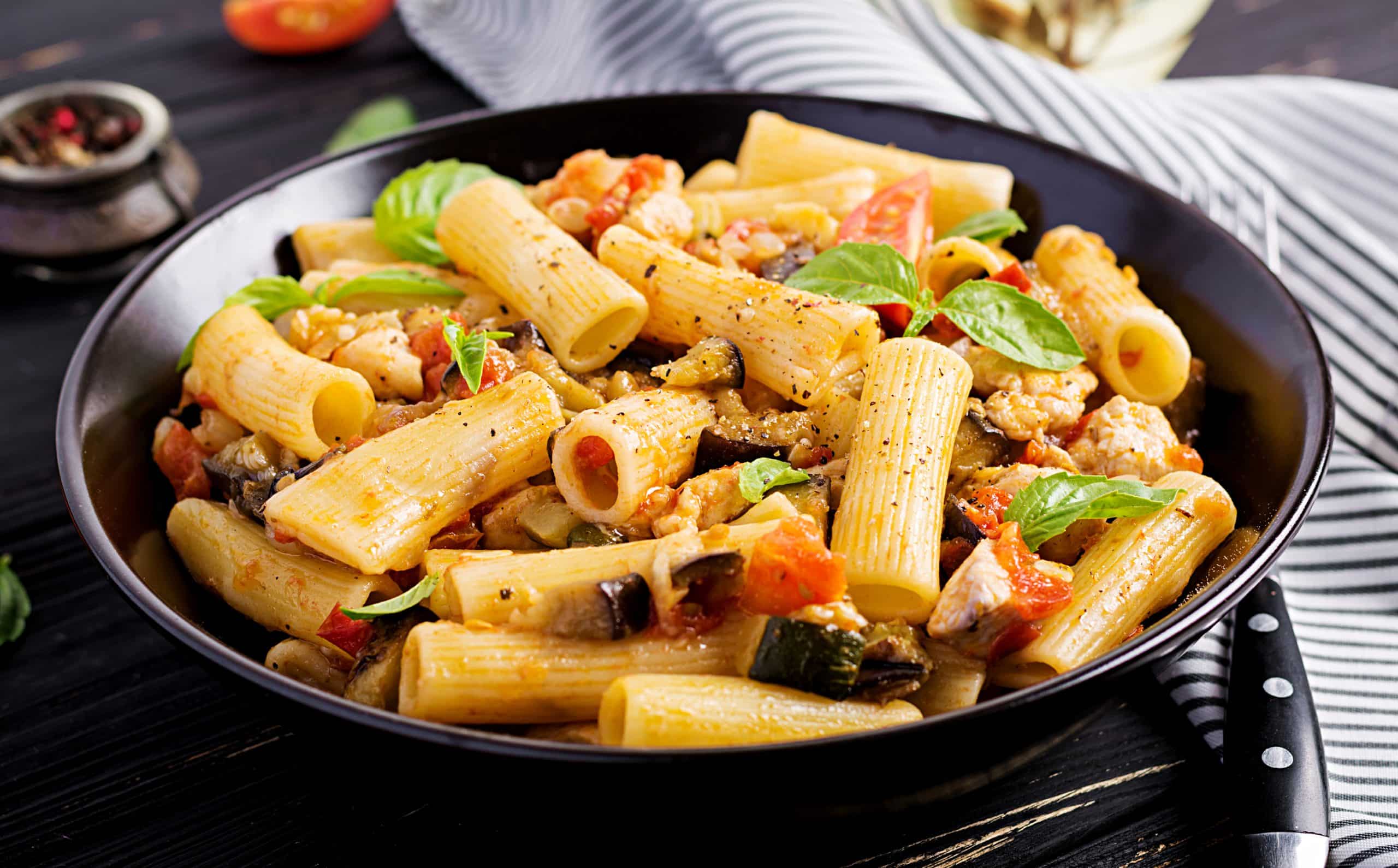What Techniques Can You Use to Make Gourmet Garlic and Rosemary Focaccia?

Focaccia, a timeless gem of Italian cuisine, is a flat oven-baked bread that is similar in style and texture to pizza dough. Its simple yet distinctive flavor profile – deftly harmonized with olive oil and sea salt – is what makes it a staple in many households. A bite into its crisp exterior and soft, fluffy interior is an experience, one that can be further elevated with the addition of garlic and rosemary. Here, we will navigate you through the steps and techniques to make gourmet garlic and rosemary focaccia right within your kitchen.
Selecting and Preparing Your Ingredients
The secret to making delicious focaccia begins with the careful selection and preparation of your ingredients. High-quality flour, fresh yeast, and extra-virgin olive oil can make a significant difference to your final product.
A découvrir également : How to Craft an Exquisite Pear and Roquefort Cheese Salad with Candied Walnuts?
For your focaccia, you will need a bread flour, which is high in protein and helps in developing the gluten network that gives the dough its elasticity and strength. Look for a quality flour that is unbleached and untreated.
Yeast is another vital ingredient. Fresh yeast is often preferred in bread making for its superior flavor and rising abilities. However, if you have active-dry or instant yeast on hand, those will work just as well.
Sujet a lire : How to Create a Luxurious Saffron Risotto with Seared Scallops and Leek?
Lastly, a high-quality extra-virgin olive oil is vital. This oil will infuse the dough with flavor, give it a tender texture, and provide a beautiful golden color.
When it comes to garlic and rosemary, freshness is key. Choose plump garlic bulbs with unbroken skin, and fresh rosemary sprigs with vibrant green leaves. These will deliver a potent flavor punch to your bread.
The Making of The Dough
Making the dough is a simple process, but it requires patience and care. Start by dissolving the yeast in warm water (not hot, as this can kill the yeast) and let it sit for a few minutes until it becomes frothy. This process, known as proofing, ensures that your yeast is alive and active, and ready to make your dough rise.
Next, in a large bowl, combine the flour and salt. Make a well in the center and pour in the yeast mixture and olive oil. Use a wooden spoon to stir the mixture until a shaggy dough begins to form. At this point, turn the dough onto a floured surface and knead for about 10 minutes, until smooth and elastic.
When kneading, use the heel of your hand to push and stretch the dough, and then fold it back onto itself. This technique develops the gluten in the flour, contributing to a bread with a good structure and texture.
The First Rise
After kneading, place the dough in a greased bowl, cover with a damp cloth, and allow it to rise in a warm area. This first rise, or bulk fermentation, is when the yeast ferments the sugars in the dough, producing carbon dioxide that makes the dough expand.
The dough should be left to rise until it doubles in size, which generally takes around one to two hours. This time is not set in stone, as the rising time can vary depending on the temperature and humidity of the environment.
During this time, prepare your garlic and rosemary. Peel and finely chop the garlic, and strip the rosemary leaves from their stalks. Combine these with some olive oil and allow them to infuse while the dough is rising. The oil will carry the robust flavors of the garlic and rosemary, and this infused oil will be used to flavor the focaccia.
Shaping and the Second Rise
After the dough has doubled in size, you’re ready to shape the dough into its characteristic flat, dimpled appearance. This step is key to giving focaccia its unique texture.
To do this, spread the dough out in an oiled pan, using your fingers to stretch it gently and evenly. Then, using your fingertips, press down all over the dough to make dimples. These dimples are not only aesthetic but also allow the infused oil to pool in them, ensuring that each bite of the focaccia is full of flavor.
Once the dough is shaped, it needs to go through a second rise. This rise is shorter than the first, generally around 20-30 minutes, and it allows the dough to relax and puff up again before baking.
Baking Your Focaccia
Before placing your focaccia in the oven, drizzle the infused oil over the dough, allowing it to pool in the dimples. Sprinkle with coarse sea salt for added flavor and texture.
The focaccia should then be baked in a preheated oven. Baking at a high temperature (around 220-230°C, or 425-450°F) is crucial for achieving a crispy crust and a soft, airy interior.
The focaccia will likely need about 20-25 minutes in the oven, but keep a close eye on it, as baking times can vary. The bread is done when it’s golden brown and sounds hollow when you tap on the bottom.
Remember, mastering the art of making focaccia takes practice. But once you do, the payoff—a perfectly golden, aromatic, and flavorful loaf of gourmet garlic and rosemary focaccia—is worth every bit of effort.
The Third Rise and Final Preparations
For the third and final rise, the dough should be left to rest at room temperature for around 15-20 minutes. During this time, it will continue to rise gently, thereby adding to the fluffy texture of the final product. This step is often overlooked, but is indeed crucial for ensuring a well-risen focaccia.
While the dough is on its third rise, preheat your oven to 220-230°C, or 425-450°F. This high temperature is needed to create the perfect balance between a crispy golden crust and a soft, pillowy interior.
Prepare your baking sheet by lining it with parchment paper. Alternatively, you can also use a well-oiled pizza stone or cast-iron skillet.
Just before baking, drizzle the infused olive oil over the dough, again allowing it to pool in the dimples. The roasted garlic and rosemary oil will be absorbed by the bread during baking, creating an incredibly aromatic and flavorful loaf.
Lastly, sprinkle some coarse sea salt on top of the dough. This final addition will not only improve the flavor but also the texture of your garlic focaccia.
The Art of Baking and Enjoying Your Focaccia
Once your focaccia dough has finished its third rise and you’ve made the final adjustments, it’s time to bake. Place the baking sheet in the preheated oven and allow your focaccia to bake for about 20-25 minutes. The high heat will quickly cook the bread, giving it a golden, crispy crust while keeping the interior light and airy.
Keep a close eye on your focaccia, as the baking time can vary depending on your oven. The bread is ready when it is golden brown and sounds hollow when tapped on the bottom.
After the bread is done, let it cool on a wire rack before cutting into it. This cooling process allows the flavors to meld together and the bread to maintain its structure when cut.
Congratulations, you have successfully made your own gourmet garlic and rosemary focaccia. The rich fragrance of the garlic infused oil, the earthy flavor of rosemary, the hint of sea salt, and the delightful texture of the focaccia will make all the effort worth it.
Remember, there are endless ways to enjoy this bread recipe. Serve it warm as an accompaniment to your main meal, as a base for a delicious sandwich, or even on its own as a quick snack. The beauty of this focaccia recipe lies in its versatility. Just like any other skill, making focaccia gets easier and even more enjoyable with practice. So, roll up your sleeves and start baking!
